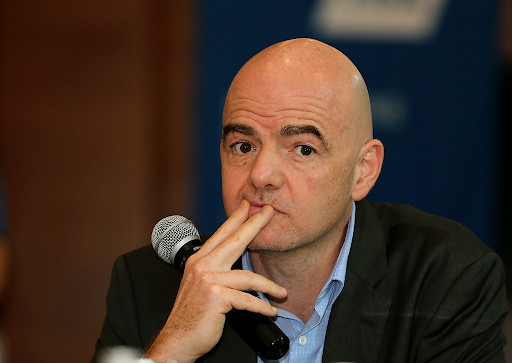The dream of sending all ten of its member nations to the World Cup is the driving force behind Conmebol’s push for a 64-team tournament in 2030. However, this ambitious vision, recently presented to FIFA President Gianni Infantino, is facing a stark reality check, with FIFA indicating no plans to adopt the proposal due to widespread opposition.
Leaders from the South American football confederation, representing the interests of Argentina, Uruguay, and Paraguay, met with Infantino in New York to make their case. A 64-team format would represent a massive expansion, increasing the number of participants from the 48 planned for 2026. For Conmebol, this would effectively guarantee a near-full representation at football’s top table.
Despite the clear benefits for South America, the idea is not gaining traction globally. Within FIFA, the proposal is viewed as a threat to the competitive integrity of the World Cup. An insider stated that the FIFA Council is overwhelmingly against the move, fearing it would lead to a drop in the standard of play and could damage the tournament’s commercial success.
The resistance has been made public by some of the most powerful figures in the sport. UEFA President Aleksander Ceferin has called it a “bad idea,” while Concacaf President Victor Montagliani said it “doesn’t feel right.” This opposition from other major confederations makes the path to approval for the 64-team format seem impossible.
While Conmebol’s dream of full representation is understandable from a regional perspective, it clashes with the global responsibility of maintaining the World Cup’s elite status. For now, that responsibility is leading FIFA to hold the line at 48 teams.
A 10-Team Dream: Why Conmebol is Pushing for a 64-Nation World Cup
10

